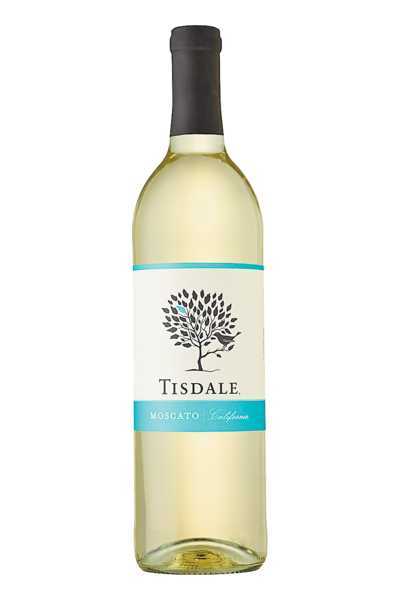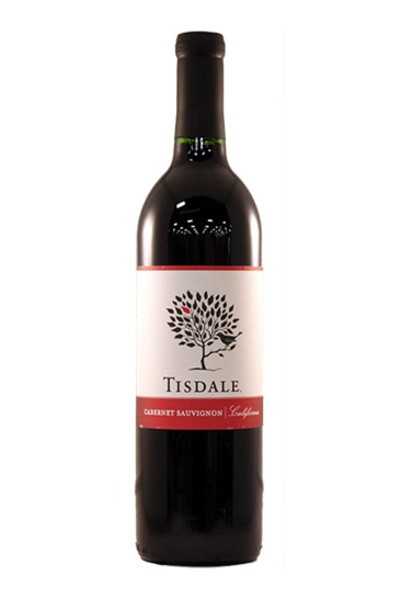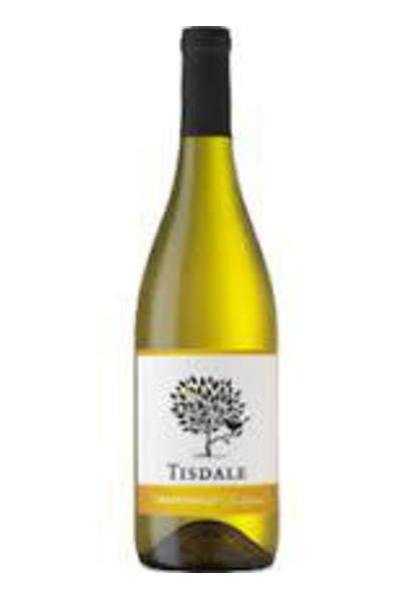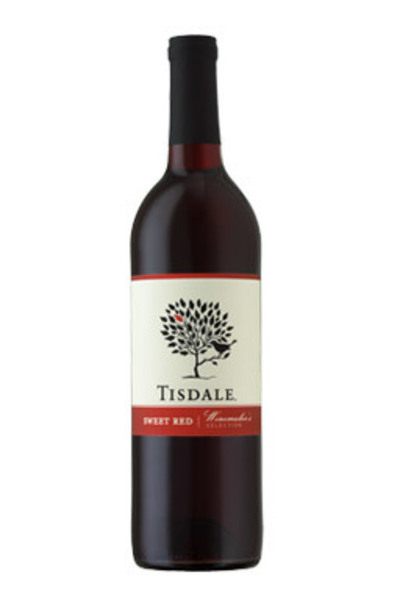Close
Tisdale Moscato
United States

- Brand: Tisdale Vineyards
- Categories: Moscato, White Wine
- ABV:8%
- Food Pairing: Duck & Game Bird
- Sweet-Dry Scale: Semi-Sweet / Off-Dry
- Body: Light
The cooler region in which Moscato bianco is grown and produced has the perfect blend of limestone and sandstone soils that give the provide hydration and flavors to the grapes. The grapes are harvested when the brix is optimal and then crushed. The must is chilled almost to the point of freezing to keep the fermentation process at a halt until the time is right. By law, Moscato D’Asti can only be 5.5% abv so the fermentation process is halted with a lot of the natural sugars still left in the wine. Unlike Champagne, there is no secondary fermentation allowed in the bottle. Right before bottling, the Moscato d’Asti goes through a filtration process that leaves the wine with a translucent golden color.
Shop
Volume
Price
Go to Shop





Reviews